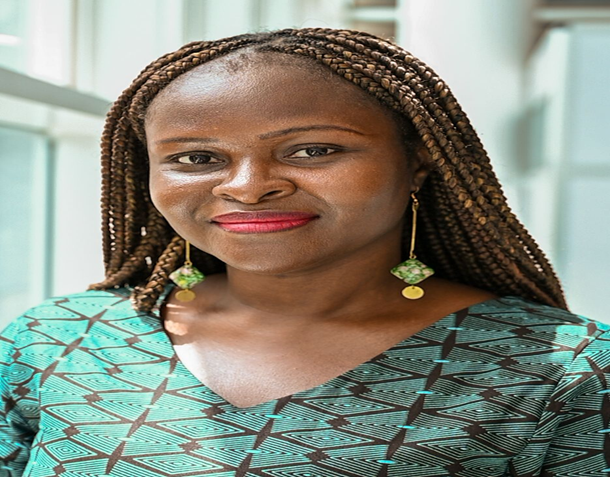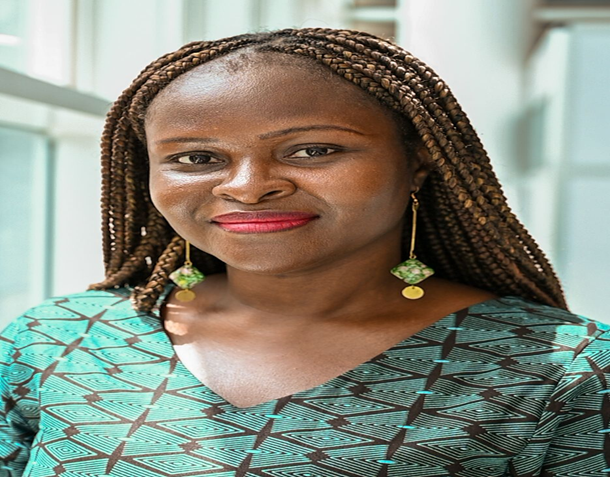
Milton Margai Technical University (MMTU) is facing growing public backlash as a $20 million renovation project, funded by the Arab Bank for Economic Development in Africa (BADEA), has drawn widespread criticism amid allegations of poor execution, delays, substandard construction, lack of transparency and unmet expectations.
Once hailed as a transformative project to modernize the university’s three campuses, Goderich, Congo Cross, and Brookfield’s, the initiative has instead become a symbol of broken promises and mismanagement. Students and staff are now left to cope with incomplete infrastructure, harsh learning conditions, and a deepening sense of frustration.
The $20 million allocated to MMTU was part of a broader $68 million education infrastructure reform under President Julius Maada Bio’s flagship. Human Capital Development and Quality Education initiative. Alongside MMTU, the project includes renovations at Bo School, Kenema Government Secondary School, Prince of Wales School, Magburaka Boys Secondary School, Eastern Technical University (ETU), and a new Education Ministry headquarters in Freetown.
At MMTU, the funding was intended to deliver modern academic facilities, rehabilitated hostels, staff quarters, and updated learning equipment. Instead, significant portions of the work remain unfinished. Classrooms lack proper roofs, furniture, or proper flooring. Some roofs leak when it rains, and many lectures are being held outdoors or in makeshift spaces. Students are still unable to access newly promised hostels, leaving many forced into expensive off-campus housing or long commutes. Academic routines have been disrupted, and morale among students and lecturers continues to fall.
Spotlight Turns to Accountability
The situation gained national attention after Hon. Abdul Karim Kamara (AKK), an outspoken Member of Parliament from the opposition All Peoples Congress (APC), publicly condemned the project’s quality and management. He described the work at MMTU as “substandard” and initially claimed that $65 million had been spent on the university alone, a statement that triggered national outrage.
A C4D Media investigation later confirmed that the actual amount allocated to MMTU was $20 million. However, this clarification did little to ease public concern. Instead, it intensified scrutiny over how even that sum had been used, given the dismal state of ongoing renovations.
Hon. Kamara’s intervention echoed the sentiments of many Sierra Leoneans: Who is truly responsible for this failure, the university administration or the Ministry of Tertiary Education?
While the university bears responsibility for on-campus monitoring and student engagement, the Ministry is ultimately accountable for funding, project implementation, and supervision. Critics argue that the Ministry’s failure to enforce quality standards, timelines, and transparency has allowed mismanagement to flourish unchecked.
Student Voices: Frustration and Fatigue
In a recent interview with C4D Media, MMTU Student Union (SU) President James Wikes French expressed deep disappointment with the project’s pace and quality.
“As SU President, I campaigned on a promise to get students back into proper classrooms and hostels. But we are still waiting. Students are exhausted, frustrated, and losing hope,” he said.
French noted that students had been assured renovations would be complete before the 2025 academic year. Instead, many feel abandoned. Hostels remain closed, academic routines are disorganized, and the learning environment is deteriorating.
Despite the challenges, French commended the dedication of lecturers who continue to teach under extreme conditions—sometimes in open-air classrooms during heavy rain.
“Our lecturers are still showing up, even under trees, to support us. They deserve better. We all do,” he added.
Safety Concerns and Substandard Workmanship
In a particularly alarming development, a building under renovation at MMTU’s Congo Cross campus reportedly caught fire, allegedly due to the use of substandard materials. This incident raised further questions about construction oversight and safety, with many fearing similar risks elsewhere on campus.
Meanwhile, hostels remain inaccessible, and some classroom blocks are missing basic amenities like electricity and ventilation. Students say the reality on the ground bears little resemblance to the government’s promises or public reports.
A Call for Transparency and Urgent Action
The crisis at MMTU underscores broader concerns about transparency, governance, and accountability in public infrastructure projects. Many are now asking:
- Why is the project so far behind schedule?
- Who approved the contractors and oversaw the quality?
- How were funds monitored and reported?
- What recourse do students and staff have when promises are not met?
MMTU was envisioned as a model for the future of technical education in Sierra Leone. But unless urgent steps are taken to complete the renovations and address accountability gaps, the project risks eroding public trust in educational reform efforts.
C4D Media will continue monitoring the situation and provide further updates as new information becomes available.


